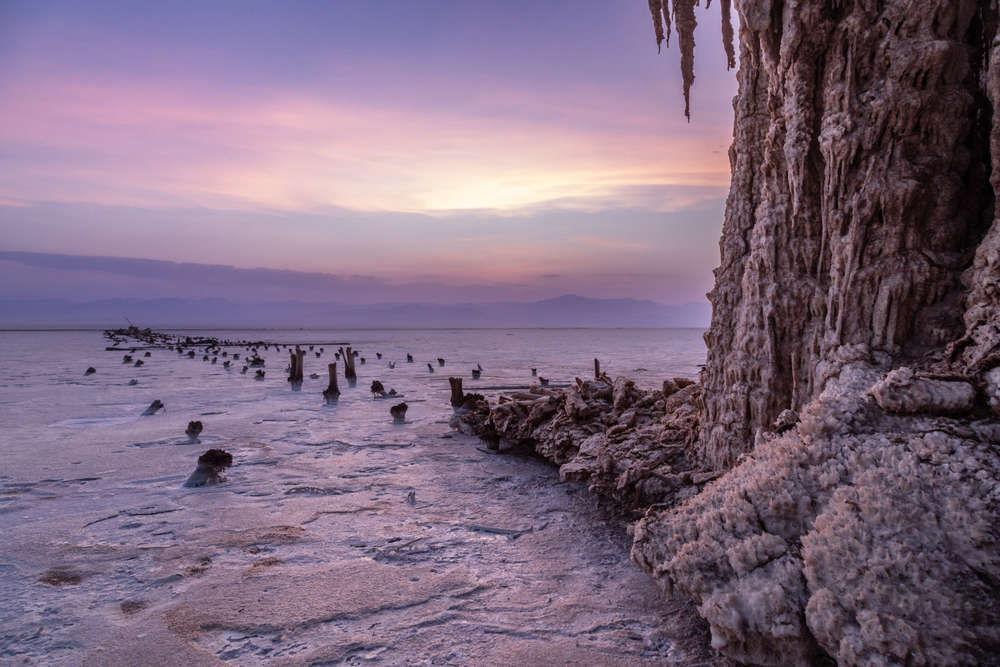
Beyond the reusable water bottle, how else can you keep tackling plastic waste?
Another week, another study highlighting the damaging impact of plastic waste – this time, researchers found it’s creating an ‘evolutionary trap’ for young sea turtles.
After hatching on shore, the creatures have evolved to swim out into the open ocean, where predators are less present. Instead though, the young turtles are encountering another threat: plastic pollution – which many end up ingesting, the study, led by the University of Exeter and funded by the Sea Life Trust and the National Geographic Society, found.
After looking at 121 sea turtles from five of the world’s seven species, they discovered those on the Pacific coast (nearer to the Great Pacific Garbage Patch) had highest rates, with 86% of loggerheads, 83% of greens, 80% of flatbacks and 29% of olive ridleys containing plastic. Overall, the plastics included hard fragments, possibly from a range of products, as well as fibres, possibly from fishing nets and ropes.
Constantly battling the plastic guilt? We hear you. But, beyond reusable water bottles and being more conscious of our seafood consumption, how else can we help? Here are a few ideas…
1. Make your own dips
We’ve been having a lot of park picnics over the past year-and-a-half, which often means stacks of plastic pots of humous, guacamole and salsa from the supermarket. Sometimes, convenience wins – but it’s actually really easy, and maybe even cheaper, to whip up your own dips. There are tons of simple recipes online. Reuse glass jars or whack it in a sandwich box to store it.
2. Ditch impulse buys
One of the most effective ways to reduce waste – including plastics – is to commit to buying less in general, and to think more carefully about what you do buy. Ditching impulse buys is a good way to support this goal: basically, don’t buy anything new unless you’ve spent at least a few days or weeks (maybe even months for certain items!) considering whether you really want or need it. The result? You’ll end up buying less, plus you’ll be far less likely to buy things you end up not really liking or using.
3. Consider supporting an organisation doing the ‘big work’
Sure, we can all do our bit. But when it comes to the environment and fixing damage, it is crucial issues are addressed on a far bigger scale, through legislation, governments and industries making meaningful, lasting change. Highlighting and pushing these issues is an epic challenge – but there are organisations out there tirelessly doing the hard work, like Greenpeace, plus loads of groups helping specific causes, such as Sea Life Trust and The Ocean Cleanup. If you can afford to, financial donations, however big or small, are one way to support them.
4. Get involved with local clean-ups
If giving money isn’t an option but you’d really like to help, could you give a little time to support a local clean-up project? Google any projects in your area – there are many groups organising local park, beach and river clean-ups, for example. And if you can’t find any, how about starting one? But do your research first, as it’s important to stay safe while doing this sort of work.
5. Embrace micro changes with your food shopping
Not everyone can afford to buy fresh, organic fruit and veg from farmers’ markets – don’t beat yourself up if you’re on a tight budget. That said, micro changes are always worthwhile. Where you can, opt for fruit that doesn’t come in a plastic punnet, or veg you can pick up loose or in paper bags. Go for the cardboard cartons over plastic. Say no to the little pot of sauce with your takeaway and keep a big jar of your fave condiment at home instead. Even if these changes only make up a percentage of your food and grocery habits overall, it’s helping reduce waste and reinforcing the message to businesses that they need to do better.
6. Be brutal with your beauty regime
Are your bathroom cupboards bursting with semi-used pots and bottles? Yep, ours too. There’s nothing wrong with enjoying some skincare, make-up and pampering products if that floats your boat – we all need joy in our lives. But a good look at our beauty shopping habits wouldn’t go amiss. How about only buying something new when you’ve actually finished something you’ve already got? Look into refill options and shampoo bars (they’re much better now than a few years ago).
7. Give kids plastic-free gifts
Kids can rack up a lot of stuff – and tons of that stuff is often made of plastic, or comes encased in plastic packaging. We’re not saying be the killjoy who only lets them have satsumas and yo-yos to play with, but it might be worth considering how much plastic an item entails and whether there’s an affordable alternative. It could be as simple as opting for pencils over felt-tips or buying toys and gifts that don’t come in a box.


 Five Of The Most Wondrous Ancient Ruins In The World
Five Of The Most Wondrous Ancient Ruins In The World
 Five Of The Most Inhospitable Places on the Planet
Five Of The Most Inhospitable Places on the Planet
 Five Animals You Wouldn’t Believe Are Kept as Pets
Five Animals You Wouldn’t Believe Are Kept as Pets
 Five Most Pet-Friendly Destinations in the UK
Five Most Pet-Friendly Destinations in the UK
 Five UK Valentine's Destinations Perfect For A Night Away
Five UK Valentine's Destinations Perfect For A Night Away



 More Than 70 Driving Offences Dealt With Over Two Days On Isle Of Wight Roads
More Than 70 Driving Offences Dealt With Over Two Days On Isle Of Wight Roads
 Wightlink Technical Problems Lead To Cancellation Of All Fishbourne-Portsmouth Crossings
Wightlink Technical Problems Lead To Cancellation Of All Fishbourne-Portsmouth Crossings
 Contentious Plans For New 7,245 Square Metre Commercial Park Appealed
Contentious Plans For New 7,245 Square Metre Commercial Park Appealed
 Wightlink Crossings Cancelled Due To Engine Issues
Wightlink Crossings Cancelled Due To Engine Issues
Comments
Add a comment